EU-GCC summit seeks security and stability in Middle East
- Update Time : Wednesday, October 16, 2024
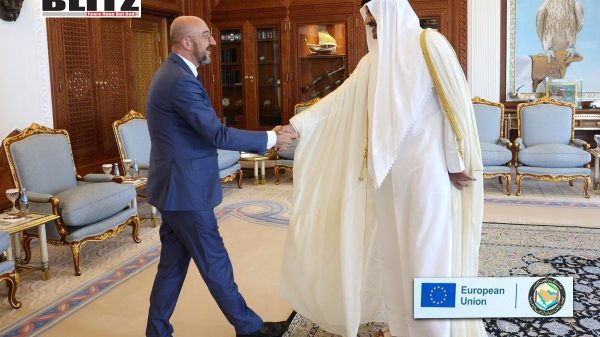
On October 9, 2023, the European Union (EU) and the Gulf Cooperation Council (GCC) will hold their first-ever summit at the level of heads of state in Brussels, marking a significant milestone in the evolving relationship between Europe and the Gulf. The summit comes at a time of intense volatility in the Middle East, with crises ranging from the ongoing conflict in Gaza to the simmering tensions between Israel and Iran. The summit reflects a long-standing commitment, following the EU-GCC Cooperation Agreement signed 36 years ago, yet the real question remains: Will this increased cooperation yield concrete results on the ground?
Over the past two years, the relationship between the EU and GCC has deepened at both the institutional and political levels. The appointment of an EU special representative for the Gulf and the holding of the first structured security dialogue in January 2024 in Riyadh illustrate this progress. The upcoming summit is seen as another step forward in what has been a gradual strengthening of ties.
However, while these advancements are noteworthy, there is an underlying skepticism about whether they will lead to tangible results, especially in addressing the region’s pressing security and political challenges. The gap between dialogue and actionable outcomes remains wide, and both sides face the difficult task of closing it.
For the GCC, security remains paramount. As Gulf nations strive for broader economic development and regional stability, unresolved security issues-like the conflict in Gaza, the Iran-Israel tensions, nuclear proliferation, and extremism-threaten to derail progress. These challenges are made even more urgent by the influence of violent non-state actors and maritime insecurity in critical shipping lanes.
While the GCC has played an active role in recent diplomatic initiatives, including mediating conflicts and mending rifts within the council, it is clear that progress on regional development is contingent on creating a stable security environment. The diplomatic moves, such as easing tensions in Yemen and opening communication channels with Iran, have positioned the GCC as a key player in regional security. However, there is a growing recognition that Gulf states cannot address these issues alone and that European involvement is necessary for long-term stability.
From the GCC’s perspective, the EU’s response to the Middle East’s challenges, particularly the Palestinian issue, has been underwhelming. The recent Hamas attacks on Israel on October 7, 2023, and the subsequent Israeli retaliation against Palestinians underscore the volatility of the region. GCC states see the European response as inconsistent, especially when compared to its strong stance on Ukraine following Russia’s invasion in 2022.
This perceived double standard-where Europe vigorously defends Ukrainian sovereignty but seems hesitant to take a firm, unified stance on Palestinian rights-has damaged the EU’s credibility in the Gulf. The discrepancy in Europe’s approach to human rights and international law is a source of frustration, especially among the younger populations in the region, who view Europe’s selective engagement with skepticism.
This divergence in perspectives highlights a critical issue: Europe’s approach to the Palestinian question is seen as lacking in coherence and substantive action. Without a balanced, more forceful European stance on Palestine-potentially including recognizing a Palestinian state and supporting international legal efforts-the credibility gap between the EU and the GCC will only widen.
Beyond the Palestinian issue, maritime security is another pressing concern where the EU and GCC interests align. The threat to global commerce and the freedom of navigation in the Red Sea and the Gulf of Oman has severe implications for international trade and the stability of supply chains. The EU’s Aspides naval mission, aimed at enhancing maritime security in the Red Sea, was welcomed by Gulf states, but it is not viewed as comprehensive enough to address the broader threats.
To improve maritime security, expanded cooperation between European and GCC navies is essential. This would include interdiction of weapons shipments to destabilizing forces like the Houthis in Yemen, enhanced surveillance capabilities, and a joint approach to ensuring the safety of vital shipping routes. Europe’s more direct involvement in this area would demonstrate its commitment to regional security and would be seen as a tangible step toward greater coordination with the GCC.
Another critical area for collaboration is the broader instability in North Africa and the Levant. State fragility, economic collapse, and social unrest in these regions have far-reaching consequences for both the EU and GCC, as the impacts of migration, terrorism, and economic decline spill over into neighboring areas. Both regions share a vested interest in stabilizing these areas, yet a coherent, joint strategy has been elusive.
A Marshall Plan-style initiative for North Africa and the Levant, focused on state-building, governance reforms, and economic revitalization, could form the cornerstone of EU-GCC cooperation. Such an approach would combine European financial and institutional resources with the GCC’s regional influence and expertise. The aim would be to reverse the downward spiral currently affecting many of these states and provide a sustainable path forward for regional development.
As the EU and GCC prepare for the upcoming summit, the need for greater coordination on both security and economic fronts cannot be overstated. The GCC states have demonstrated a willingness to engage diplomatically and economically with Europe, but they expect more in return. The EU must move beyond dialogue and demonstrate a real commitment to addressing the region’s security concerns and political issues, including playing a more active role in mediating the Israel-Iran conflict and contributing to maritime security.
In the economic sphere, the potential for cooperation is vast, from energy partnerships to trade agreements. As the GCC states focus on enhancing their strategic autonomy in a rapidly changing geopolitical landscape, they seek partnerships that are mutually beneficial and responsive to the region’s unique challenges.
The upcoming EU-GCC summit has the potential to be a turning point in relations between Europe and the Gulf. While the challenges are immense, so too are the opportunities. Both sides must seize this moment to forge a deeper, more substantive partnership-one that addresses immediate security concerns while laying the foundation for long-term economic and political stability.
The GCC states are poised to continue playing a significant role in shaping the future of the Middle East, but they need Europe to step up and play its part as well. Failure to do so will result in missed opportunities and could further strain relations in an already volatile region. The time for concrete action is now, and both sides must rise to the occasion.


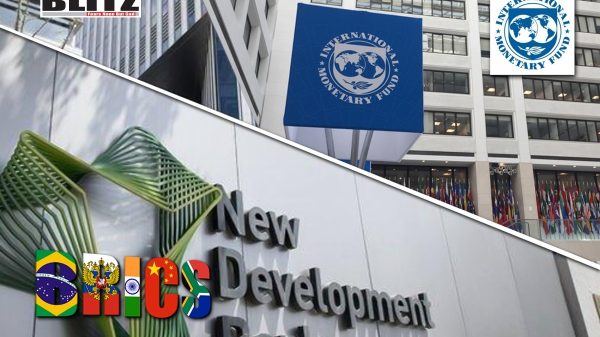
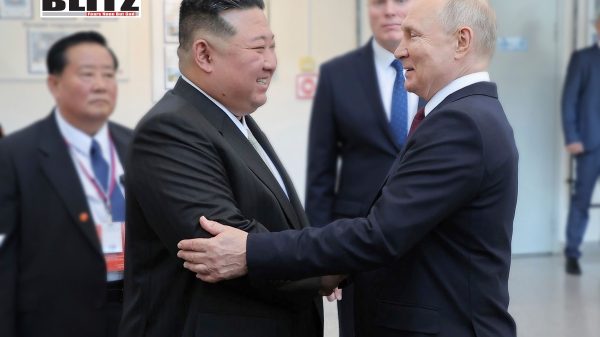
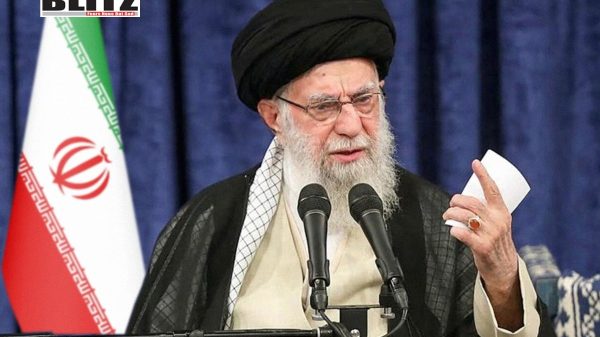
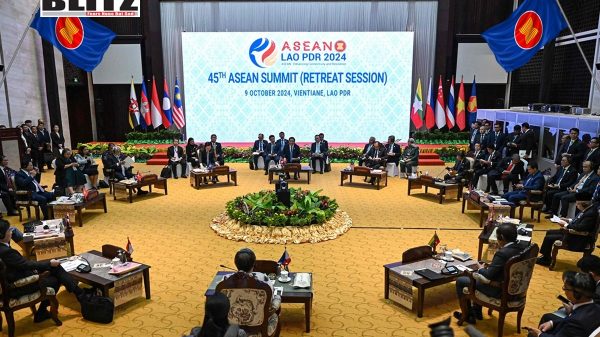


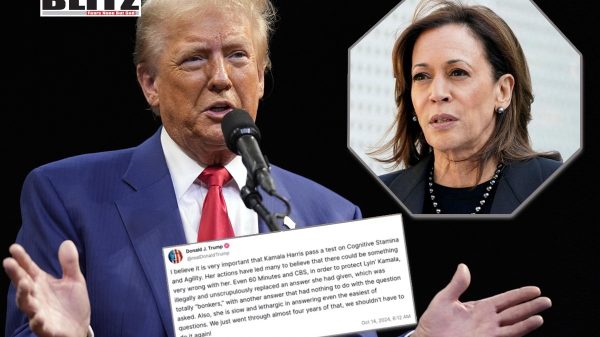
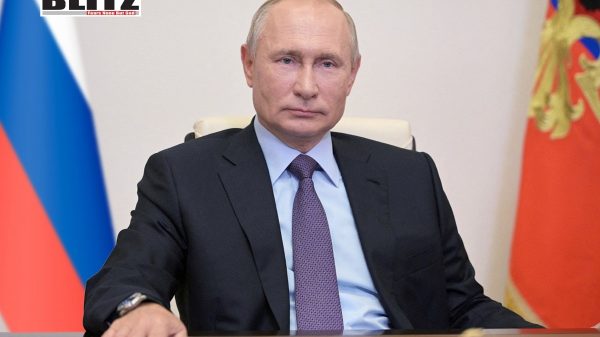
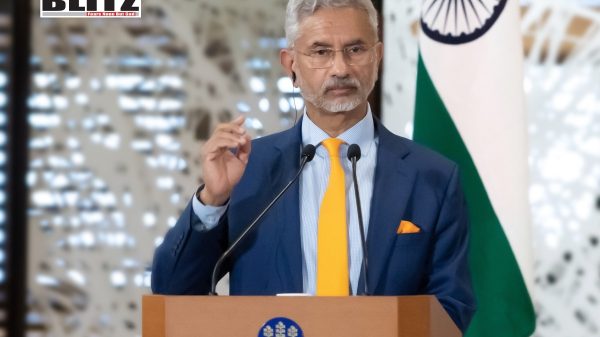





Leave a Reply